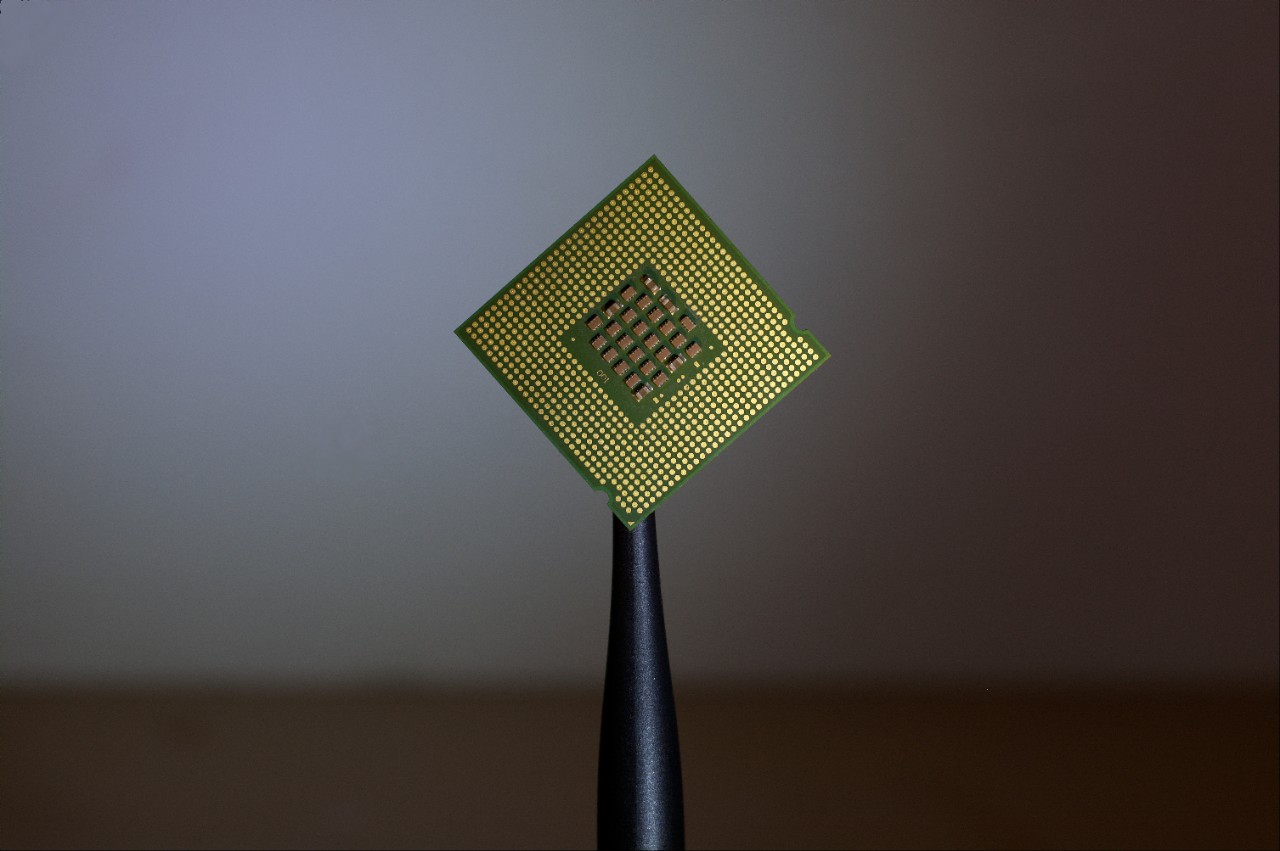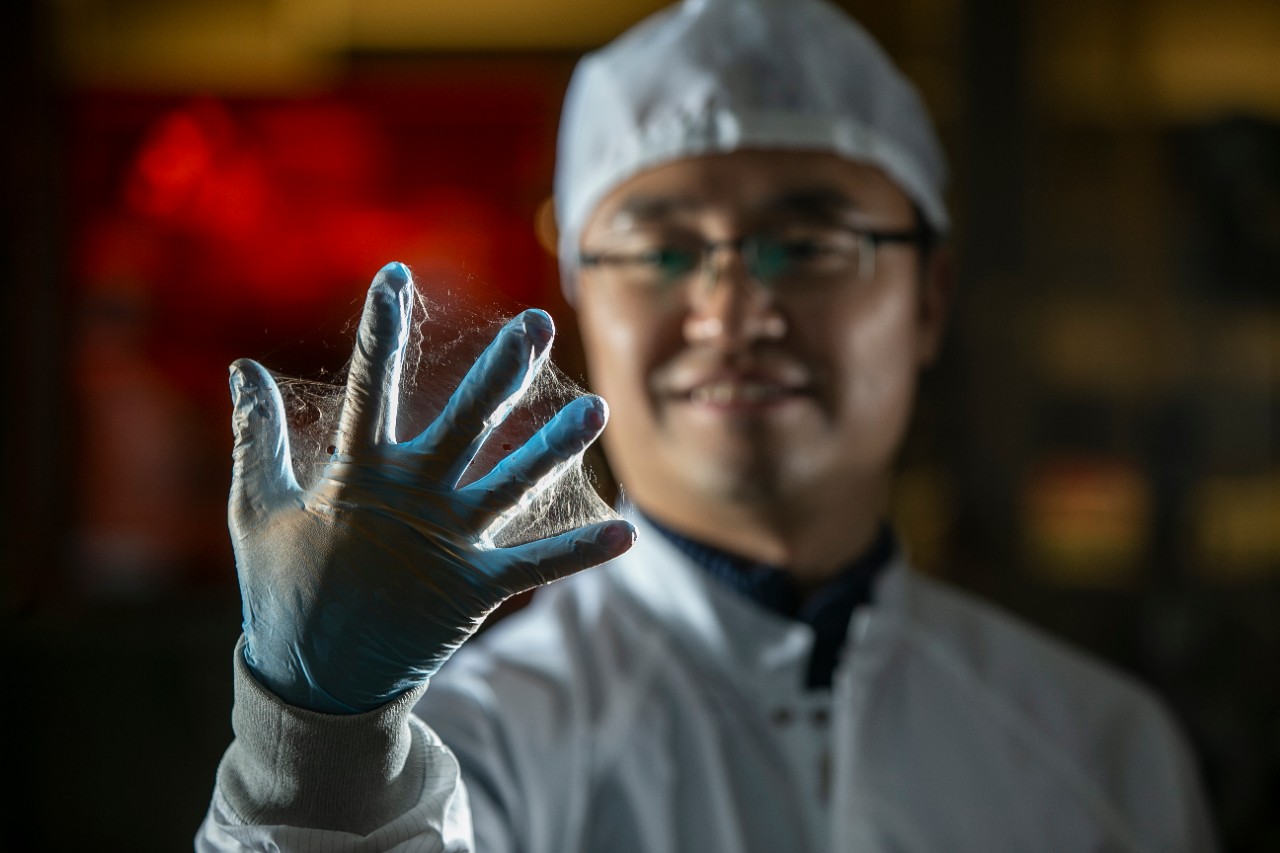
Phys.Org: How can computer chips predict the future of gene synthesis?
Phys.Org and other science outlets highlighted research by the University of Cincinnati that used the evolution of the computer chip to predict advances in the field of synthetic biology.
UC College of Engineering and Applied Science student Joseph Riolo, the paper's lead author, and distinguished research professor Andrew Steckl, an Ohio Eminent Scholar, said complex computer code is a useful comparison to examine how we might synthesize new genetic code.
"No analogy is perfect. DNA doesn't meet certain definitions of digital code," Riolo said. "But there are a lot of ways the genome and software code are comparable."
The study was published in the Nature journal Scientific Reports.
By using computer chip development as a guide, Steckl said we can infer the speed and costs of producing similar synthetic life might follow a similar trajectory as the performance and cost of electronics over time.
The study compared the number of bytes of code found in the software systems of luxury cars, fighter planes, and smart phone operating systems to the base pairs of genes found in a virus, a parasite and a human being.
Perhaps surprisingly, people have a far less complex genome than some other living things, including the marbled lungfish and a flowering perennial found in Japan.
UC's comparison of bytes to base pairs found comparable complexity.
"This combination of surmountable complexity and moderate cost justifies the academic enthusiasm for synthetic biology and will continue to inspire interest in the rules of life," the study concluded.
Featured image at top: A computer chip. Photo/Brian Kostiuk/Unsplash
More UC engineering research in the news

UC senior research associate Daewoo Han holds up electrospun fiber used in textiles and medicine. Photo/Joseph Fuqua II/UC Creative + Brand
Related Stories
Golden Reunion a perfect opportunity to contemplate, celebrate...
March 14, 2025
We’re all familiar with one of time’s odd characteristics: Something may have happened ages ago, but it can feel like only yesterday. Over many years, things change a lot, or maybe not at all. This feeling is occurring now within the newest members of the UC Alumni Association’s Golden Bearcats Society, which honors those who have reached the half-century mark as University of Cincinnati graduates.
Biomedical engineer studying blunt and blast brain injuries
March 11, 2025
Olga Liaudanskaya, assistant professor of biomedical engineering at the University of Cincinnati, always dreamed of being a scientist. After finishing her graduate degree in materials science and engineering in Italy, she came to the United States for her postdoctoral program, where her research focused on the brain. This led her to a faculty position at UC’s College of Engineering and Applied Science. Recently, she was awarded funding from the Department of Defense for a project on the molecular mechanisms triggered by blunt and blast brain injuries.
REVIEW: CCM's 'A Midsummer Night's Dream' an 'exuberant triumph
March 10, 2025
The Cincinnati Business Courier praises UC College-Conservatory of Music's production of A Midsummer Night's Dream. Presented as part of the Opera Series on March 6-9, the production was directed by Robin Guarino and conducted by alumni guest artist William Langley.
